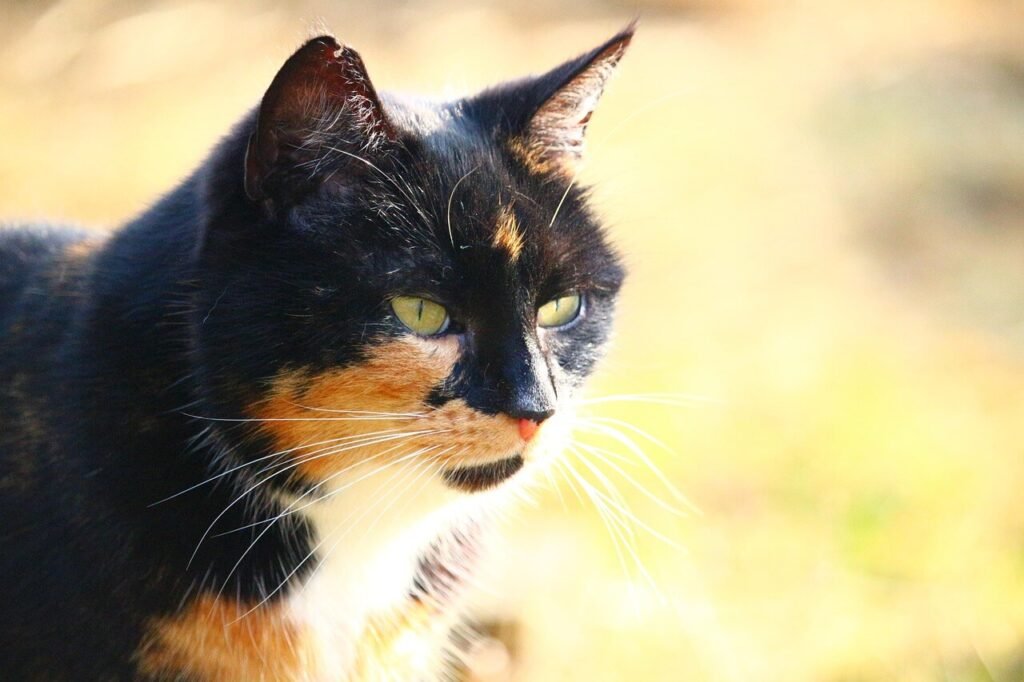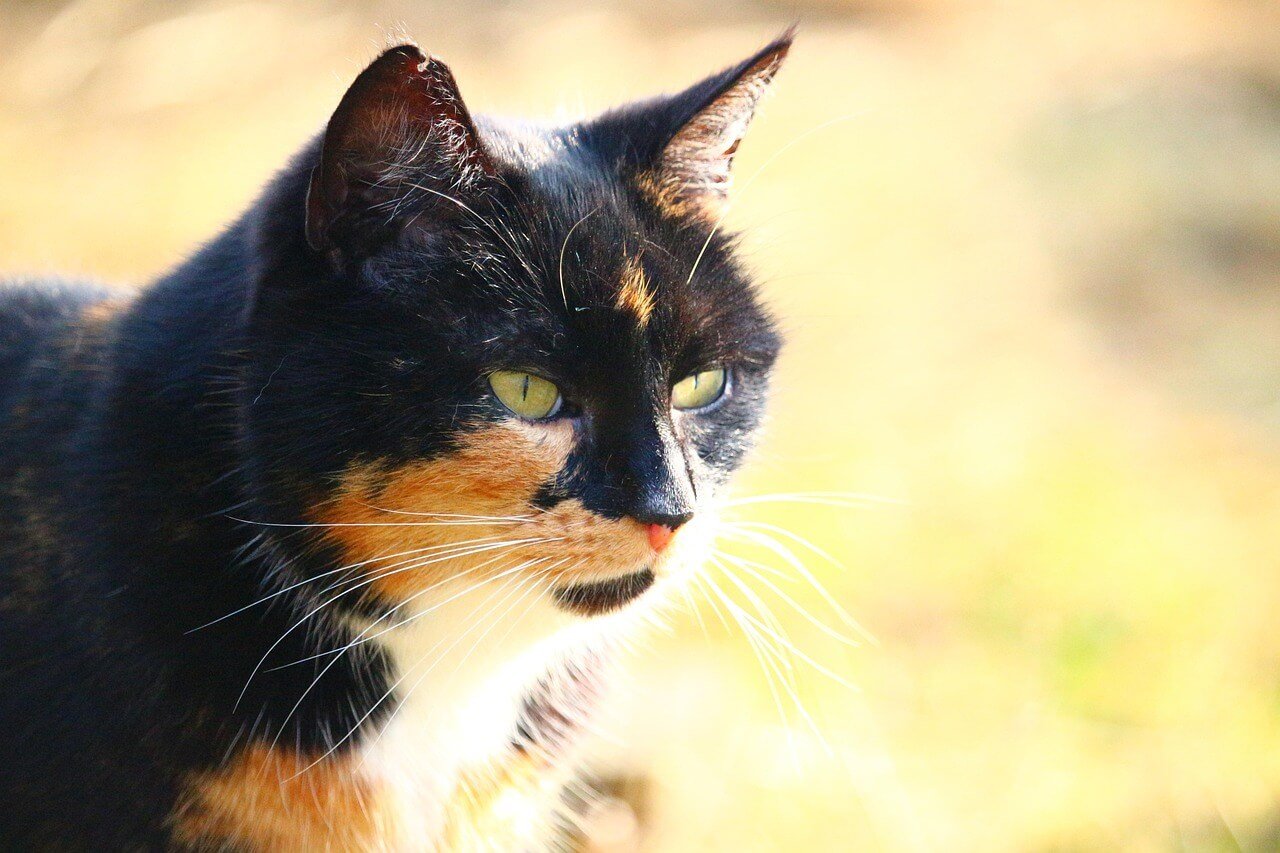Can Cats Eat Eggs? A Comprehensive Guide to Feeding Eggs Safely
Eggs are a nutrient-rich food enjoyed by many people, but can cats eat eggs too? As a responsible cat owner, it’s natural to wonder whether this protein-packed food is safe or beneficial for your feline companion. Cats have unique dietary needs, and while eggs can offer some nutritional benefits, there are important considerations to keep in mind. In this article, we’ll explore the pros and cons of feeding eggs to cats, how to prepare them safely, and what precautions you should take. By the end, you’ll have all the information you need to make an informed decision about including eggs in your cat’s diet.
Why Eggs Can Be a Healthy Treat for Cats
Eggs are often referred to as a “superfood” due to their high protein content and abundance of essential nutrients. When fed in moderation, they can provide several health benefits for cats. Here’s a breakdown of why eggs might be a good addition to your cat’s diet:
High-Quality Protein :
Eggs contain complete proteins with all the amino acids cats need for muscle maintenance and overall health.Rich in Vitamins :
Eggs are packed with vitamins like B12, riboflavin, and biotin, which support energy production and skin health.Healthy Fats :
The fats in eggs provide a source of energy and help maintain a shiny coat.Essential Minerals :
Eggs contain minerals such as selenium and iron, which contribute to immune function and oxygen transport.Low in Carbohydrates :
Cats thrive on low-carb diets, and eggs naturally fit this requirement.
While eggs offer these benefits, it’s important to remember that they should only be an occasional treat, not a staple food. Always introduce new foods gradually and monitor your cat’s reaction.
The Right Way to Serve Eggs to Your Cat
Not all egg preparations are safe or suitable for cats. To ensure your feline friend enjoys eggs without any risks, follow these guidelines:
Cooked Eggs Only :
Raw eggs can carry harmful bacteria like salmonella and may interfere with biotin absorption in cats.Avoid Seasonings and Additives :
Salt, pepper, butter, or oil can upset your cat’s stomach and should be avoided.Plain Scrambled Eggs :
Lightly scrambled eggs without added ingredients are a safe and easy option.Hard-Boiled Eggs :
Hard-boiled eggs are another safe choice; just remove the shell before serving.Small Portions :
Feed eggs in moderation—no more than a teaspoon or two at a time—to prevent digestive issues.
By preparing eggs correctly, you can minimize risks and maximize the potential benefits for your cat. Always consult your veterinarian before introducing new foods into your pet’s diet.
Check this guide 👉Can Cats Eat Peanut Butter? Best 7 Health Tips!
Check this guide 👉Can Cats Eat Raw Chicken? Best 7 Expert Tips!
Check this guide 👉Can Cats Eat Avocado? Best 7 Expert Tips!

Safe Egg Preparations for Cats | Unsafe Egg Preparations for Cats |
|---|---|
Plain scrambled eggs | Raw eggs |
Hard-boiled eggs (shell removed) | Eggs with salt or seasoning |
Small portions of cooked egg white | Fried eggs with oil or butter |
Boiled egg yolk (in moderation) | Eggs with cheese or dairy |
Finely chopped cooked eggs | Overfeeding eggs |
When Eggs Might Not Be Ideal for Your Cat
While eggs can be a nutritious treat, they’re not suitable for every cat. There are certain risks and limitations to consider before incorporating eggs into your cat’s diet:
Allergies or Sensitivities :
Some cats may develop allergic reactions or digestive upset after eating eggs.Choking Hazard from Shells :
Eggshells are sharp and can pose a choking risk if ingested accidentally.Overfeeding Risks :
Too much egg can lead to obesity or nutrient imbalances in your cat’s diet.Interference with Medical Conditions :
Cats with kidney or liver issues may need to avoid high-protein foods like eggs.Bacterial Contamination :
Raw or undercooked eggs can harbor harmful bacteria, posing a health risk.
Understanding these risks ensures you can feed eggs responsibly and prioritize your cat’s well-being. Always observe your cat for any adverse reactions after introducing eggs.
How to Tell If Your Cat Likes Eggs
Cats can be picky eaters, but some show clear signs of enjoying certain foods. If you’ve introduced eggs to your cat’s diet, here’s how to tell if they’re a fan:
Excited Behavior Around Mealtime :
Your cat may meow or paw at you when they see you preparing eggs.Eagerly Eating Their Portion :
A cat who gobbles up their egg treat quickly likely enjoys it.Returning for More :
If your cat begs for additional bites, they probably find eggs tasty.Positive Reaction to Smell :
Cats have a keen sense of smell; if they sniff eagerly, they’re interested.No Digestive Issues After Eating :
A lack of vomiting, diarrhea, or discomfort suggests they tolerate eggs well.
These signs indicate that eggs are a hit with your cat, but always proceed cautiously and in moderation. Every cat is different, so pay attention to their individual preferences and needs.
Exploring Other Protein-Rich Foods Beyond Eggs
While eggs are a great source of protein, there are other foods you can consider to diversify your cat’s diet. These alternatives provide essential nutrients and variety, ensuring your cat stays healthy and satisfied. Here are some safe protein options:
Cooked Chicken :
Plain, unseasoned chicken is an excellent lean protein source that most cats love.Turkey :
Similar to chicken, turkey is rich in protein and easy to digest when cooked plainly.Fish (in Moderation) :
Small amounts of cooked salmon or tuna can be a tasty treat, but avoid overfeeding due to mercury risks.Beef :
Cooked, unseasoned beef is another protein-packed option for cats who enjoy red meat.Duck :
A novel protein source that’s often used in hypoallergenic diets for sensitive cats.
These alternatives offer variety while meeting your cat’s dietary needs. Always introduce new proteins gradually and ensure they’re free of harmful additives or bones.
Why Some Cats Can’t Handle Dairy Products Like Eggs with Cheese
Many people assume cats love milk and dairy products, but the truth is that most adult cats are lactose intolerant. If you’re considering mixing eggs with cheese or other dairy, watch for these signs that your cat may not tolerate it well:
Diarrhea :
Loose stools are a common symptom of lactose intolerance after consuming dairy.Vomiting :
Cats may vomit shortly after eating dairy-containing foods.Excessive Gas :
Bloating and gas indicate difficulty digesting lactose.Lethargy :
Digestive upset from dairy can leave your cat feeling sluggish or unwell.Loss of Appetite :
If your cat refuses food after trying dairy, it could signal discomfort.
If your cat shows any of these signs, avoid feeding them dairy altogether. Stick to plain, lactose-free treats like cooked eggs to keep their digestive system happy.
How to Safely Add Variety to Your Cat’s Diet
Introducing new foods like eggs requires patience and care to ensure your cat adjusts without issue. Follow these tips to make the transition smooth and stress-free:
Start Small :
Offer tiny portions of the new food to gauge your cat’s reaction before increasing the amount.Mix with Familiar Food :
Combine the new food with something your cat already enjoys to encourage acceptance.Monitor for Reactions :
Watch for changes in behavior, appetite, or digestion over 24–48 hours.Stick to One Change at a Time :
Avoid introducing multiple new foods simultaneously to identify potential issues easily.Consult Your Vet First :
For cats with health conditions or special dietary needs, always seek professional advice.
By following these steps, you can safely expand your cat’s palate while minimizing risks. Remember, every cat is unique, so tailor your approach to their individual preferences and tolerances.
Frequently Asked Questions About Feeding Eggs to Cats
Can kittens eat eggs?
Yes, but only in very small amounts and fully cooked. Consult your vet first.
Are raw eggs safe for cats?
No, raw eggs can contain harmful bacteria and disrupt biotin absorption.
How often can I feed my cat eggs?
Eggs should be an occasional treat, no more than once or twice a week.
Can cats eat eggshells?
Avoid feeding eggshells as they can cause choking or internal injuries.
What if my cat doesn’t like eggs?
That’s okay! Cats don’t need eggs in their diet; there are plenty of other treats to try.
Final Thoughts: Eggs as an Occasional Treat for Cats
In conclusion, eggs can be a healthy and enjoyable addition to your cat’s diet when prepared and served responsibly. They offer valuable nutrients like protein, vitamins, and healthy fats, making them a worthwhile treat in moderation. However, it’s crucial to avoid raw eggs, seasonings, and overfeeding to protect your cat’s health. Always introduce new foods gradually and consult your veterinarian if you’re unsure. By following these guidelines, you can safely share the goodness of eggs with your feline friend while ensuring their diet remains balanced and nutritious. Remember, a happy and healthy cat starts with mindful feeding practices—and a little love goes a long way!
Do Cats Have Taste Buds? Best 7 Expert Tips! – Discover how cats experience flavors and why their taste is so unique.
Do Dogs Have Taste Buds? Best 7 Expert Tips! – Discover how dogs experience taste, their preferences, and what it means for their diet and health.
Can Cats Taste Sweet? Best 7 Expert Tips! – Discover why cats can’t taste sweetness, how it affects their diet, and tips to keep them healthy and happy.
Can Dogs Taste Sweet? Best 7 Expert Tips! – Discover how dogs perceive sweetness, which foods are safe, and tips to manage their sweet cravings responsibly.





